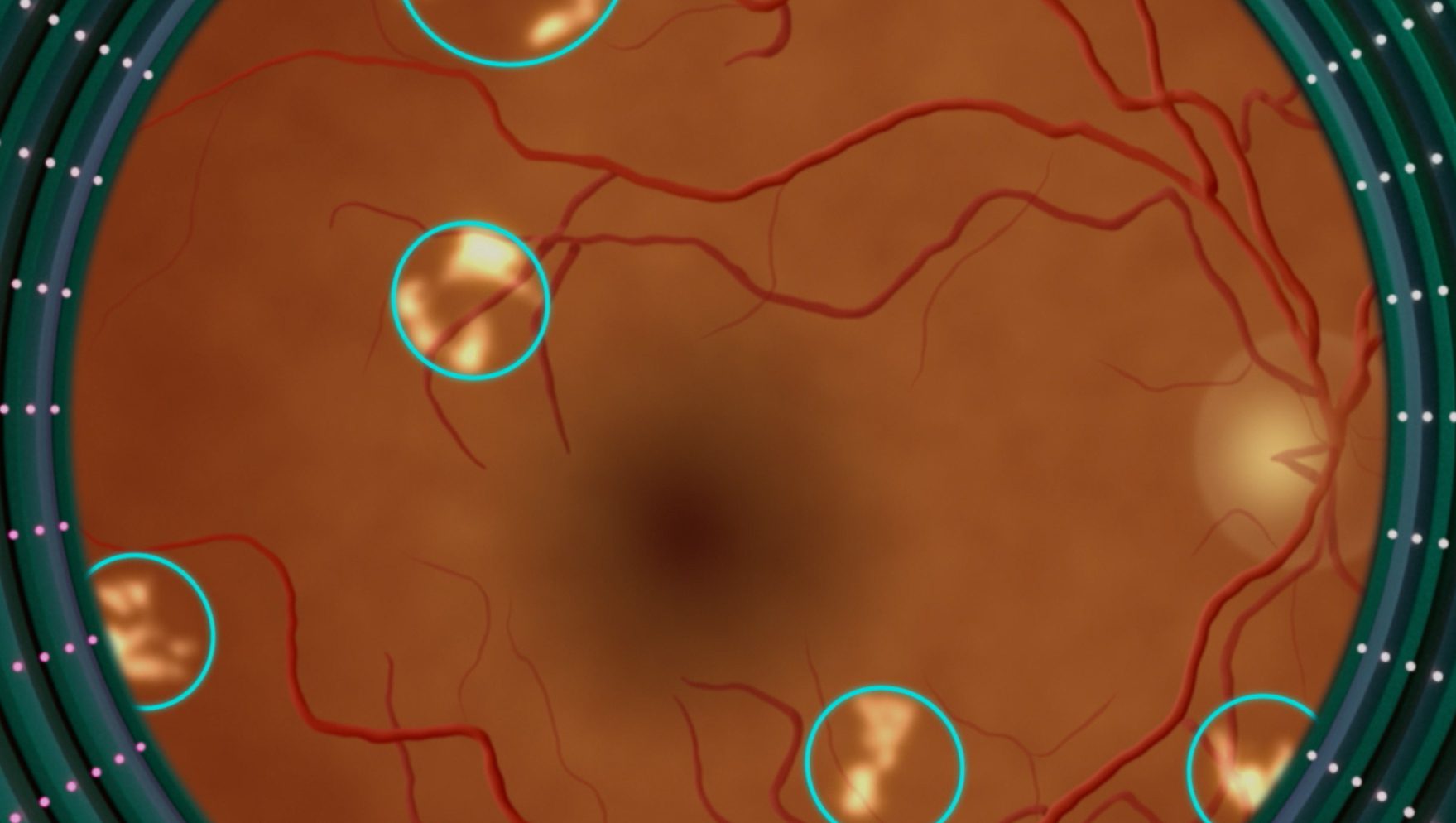Christian Espinoza, director of a Southern California drug-treatment provider, recently began employing a powerful new assistant: an artificial intelligence algorithm that can perform eye exams with pictures taken by a retinal camera. It makes quick diagnoses, without a doctor present.
His clinics, Tarzana Treatment Centers, are among the early adopters of an AI-based system that promises to dramatically expand screening for diabetic retinopathy, the leading cause of blindness among working-age adults and a threat to many of the estimated 38 million Americans with diabetes.
“It’s been a godsend for us,” said Espinoza, the organization’s director of clinic operations, citing the benefits of a quick and easy screening that can be administered with little training and delivers immediate results.
His patients like it, too. Joseph Smith, who has Type 2 diabetes, recalled the cumbersome task of taking the bus to an eye specialist, getting his eyes dilated, and then waiting a week for results. “It was horrible,” he said. “Now, it takes minutes.”
Amid all the buzz around artificial intelligence in health care, the eye-exam technology is emerging as one of the first proven use cases of AI-based diagnostics in a clinical setting. While the FDA has approved hundreds of AI medical devices, adoption has been slow as vendors navigate the regulatory process, insurance coverage, tec …
Article Attribution | Read More at Article Source
Christian Espinoza, director of a Southern California drug-treatment provider, recently began employing a powerful new assistant: an artificial intelligence algorithm that can perform eye exams with pictures taken by a retinal camera. It makes quick diagnoses, without a doctor present.
His clinics, Tarzana Treatment Centers, are among the early adopters of an AI-based system that promises to dramatically expand screening for diabetic retinopathy, the leading cause of blindness among working-age adults and a threat to many of the estimated 38 million Americans with diabetes.
“It’s been a godsend for us,” said Espinoza, the organization’s director of clinic operations, citing the benefits of a quick and easy screening that can be administered with little training and delivers immediate results.
His patients like it, too. Joseph Smith, who has Type 2 diabetes, recalled the cumbersome task of taking the bus to an eye specialist, getting his eyes dilated, and then waiting a week for results. “It was horrible,” he said. “Now, it takes minutes.”
Amid all the buzz around artificial intelligence in health care, the eye-exam technology is emerging as one of the first proven use cases of AI-based diagnostics in a clinical setting. While the FDA has approved hundreds of AI medical devices, adoption has been slow as vendors navigate the regulatory process, insurance coverage, tec …nnDiscussion:nn” ai_name=”RocketNews AI: ” start_sentence=”Can I tell you more about this article?” text_input_placeholder=”Type ‘Yes'”]

